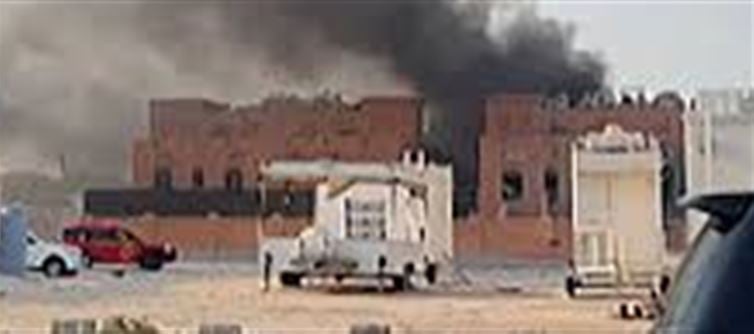
Tensions in the Middle east have spiked after israel reportedly conducted a covert missile strike targeting Hamas leaders in Doha, Qatar. Here’s a breakdown of what happened, how it was executed, and why it matters:
1. A Rare and Secretive Operation
Unlike typical military operations, this strike was highly secretive, aimed specifically at high-profile Hamas officials. The unusual secrecy has raised questions about regional intelligence and Israel’s strategic capabilities.
2. Missiles Launched from the red Sea
Israeli fighter jets reportedly used a new tactic, launching ballistic missiles from over the Red Sea. This method allowed the missiles to bypass traditional air defense systems, which are typically oriented toward threats from Yemen or Iran.
3. Why qatar Was Targeted
Qatar has often been a political and financial hub for Hamas leadership, providing diplomatic channels and funds. Targeting leaders in Doha sends a strong message about Israel’s reach and intelligence precision.
4. Implications for Regional Security
The strike is likely to increase tensions across the gulf and wider Middle East. Analysts warn that such covert operations could prompt retaliatory actions, complicating already fragile diplomatic relations between countries in the region.
5. Global Reactions and Concerns
· US Defense Officials confirmed the unusual launch method and praised the precision of the strike, highlighting the strategic shift in missile deployment.
· Neighboring countries may reassess their defense systems in response to this new threat vector.
· international observers are calling for calm and dialogue to prevent escalation.
⚡ What Makes This Operation Unusual
· The Red Sea launch route bypassed conventional defense grids.
· The operation focused specifically on Hamas leadership rather than broad infrastructure.
· It signals Israel’s growing capabilities in precision long-range missile tactics.
This covert operation demonstrates Israel’s evolving military strategies and highlights the increasingly complex security dynamics in the Middle East. While the immediate outcomes are not fully clear, analysts agree that such tactics mark a new chapter in regional military planning, with potential repercussions for global diplomacy and security.
Disclaimer:
The views and opinions expressed in this article are those of the author and do not necessarily reflect the official policy or position of any agency, organization, employer, or company. All information provided is for general informational purposes only. While every effort has been made to ensure accuracy, we make no representations or warranties of any kind, express or implied, about the completeness, reliability, or suitability of the information contained herein. Readers are advised to verify facts and seek professional advice where necessary. Any reliance placed on such information is strictly at the reader’s own risk..jpg)




 click and follow Indiaherald WhatsApp channel
click and follow Indiaherald WhatsApp channel